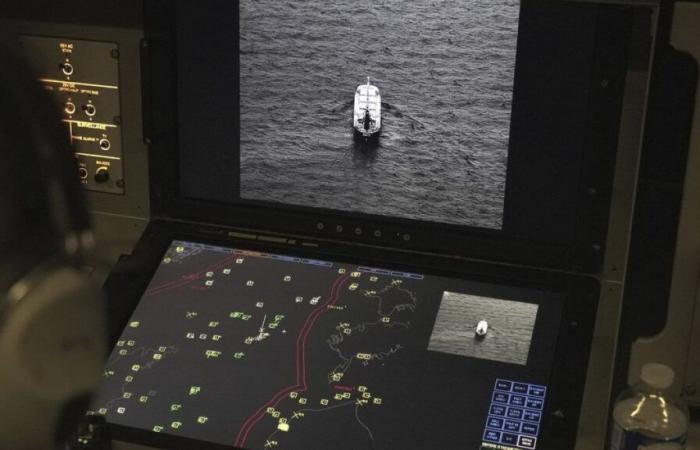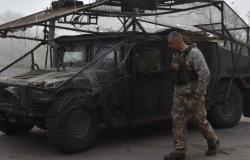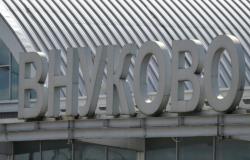A NATO group led by Belgium currently patrols in the Baltic Sea, near Estonia, following a series of sabotage incidents in these strategic waters.
The Baltic Sea is at the heart of geopolitical tensions, in particular since the start of the Russian Invasion on a large scale of Ukraine.
It is also an important area for NATO, especially due to the presence of numerous underwater telecommunications cables.
They are regularly threatened by ships suspected of having links with the “ghost fleet” of Russia.
NATO said in January that it would strengthen its military presence and its technological innovation in the Baltic Sea to protect critical infrastructure against sabotage, said the head of the Transatlantic Alliance at a summit in Helsinki.
The protection of infrastructure “is of the utmost importance,” said secretary general Mark Rutte to journalists, citing the energy of pipelines and 95 % of internet traffic which is secured by underwater cables.
This declaration follows the damage of a cable between Lithuania and Sweden, another between Germany and Finland, and others between Estonia and Finland.
Investigations are underway, but the secretary general of NATO considers that there is a need to seriously worry.
“We have noticed elements of a campaign aimed at destabilizing our societies by cyber attacks, assassination attempts and acts of sabotage,” said Russia, Russia being the alleged culprit.
In response, NATO strengthens its surveillance using a small fleet of maritime drones, while a reinforced surveillance operation called “Baltic Sentry” involves frigates and maritime patrol planes.
“We will react decisively when critical infrastructure will be threatened in our neighborhood. Their protection requires national and international action,” said Finnish president Alexander Stubb.
The leaders of the NATO countries in the Baltic region have also undertaken to put pressure in favor of a rigorous application of the legislation, in particular with regard to “ghost fleet“Oil trees used by Moscow to escape Western sanctions on petroleum sales.
Ces aging shipswhose owners are often obscure, regularly operate without insurance regulated by the West.








